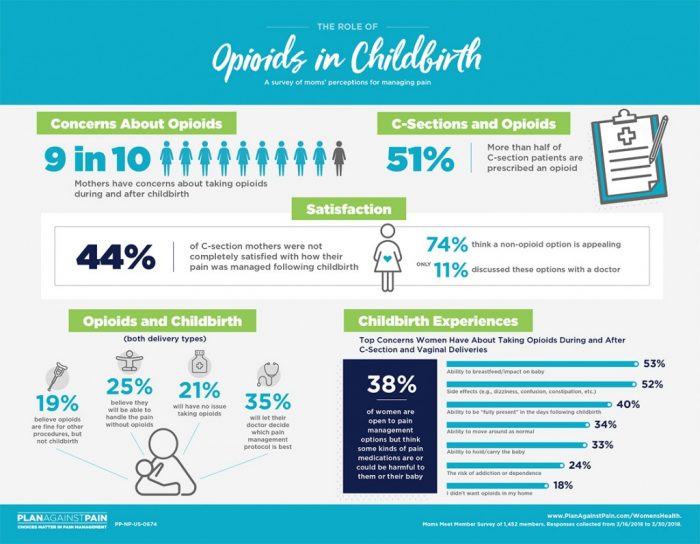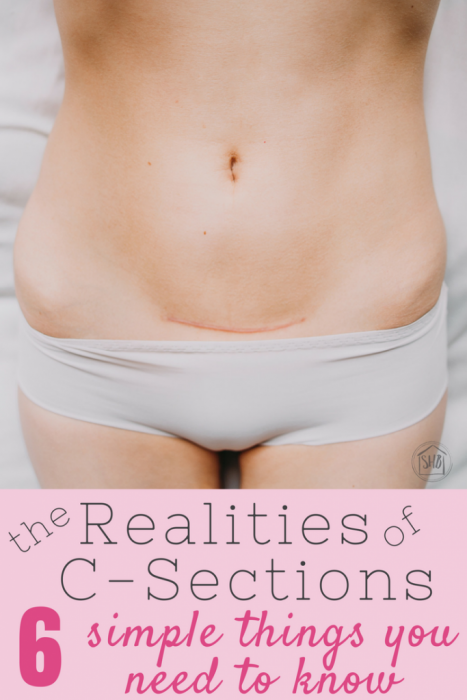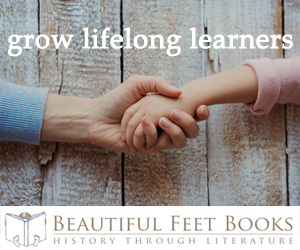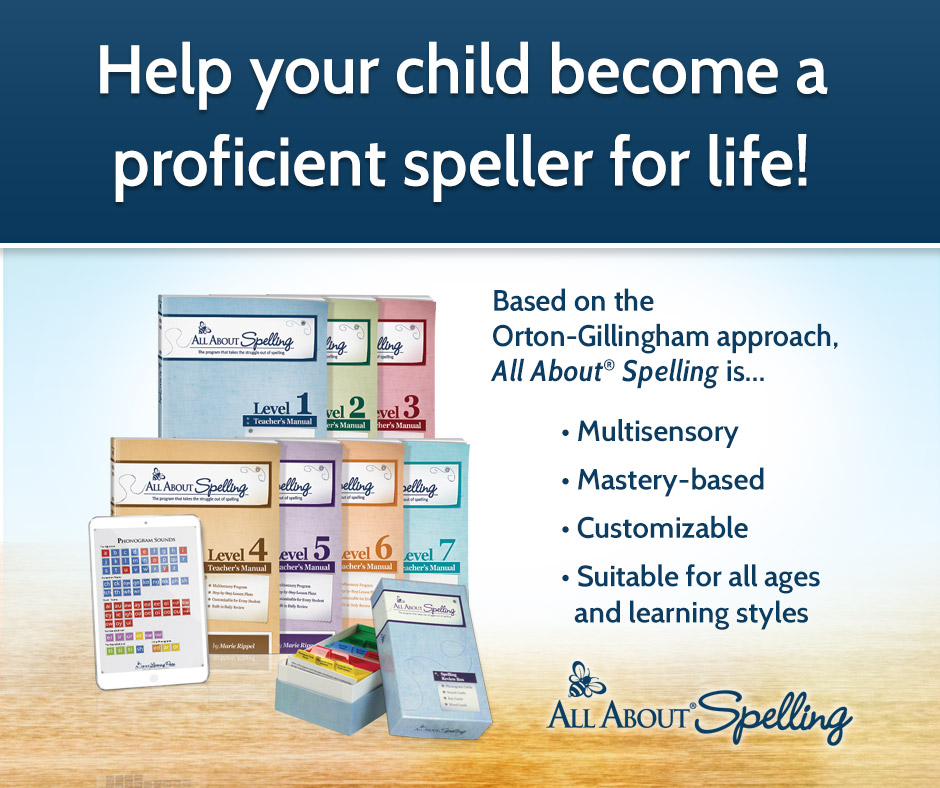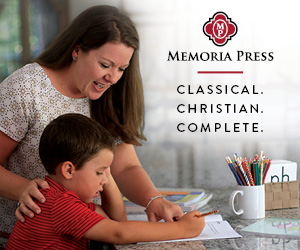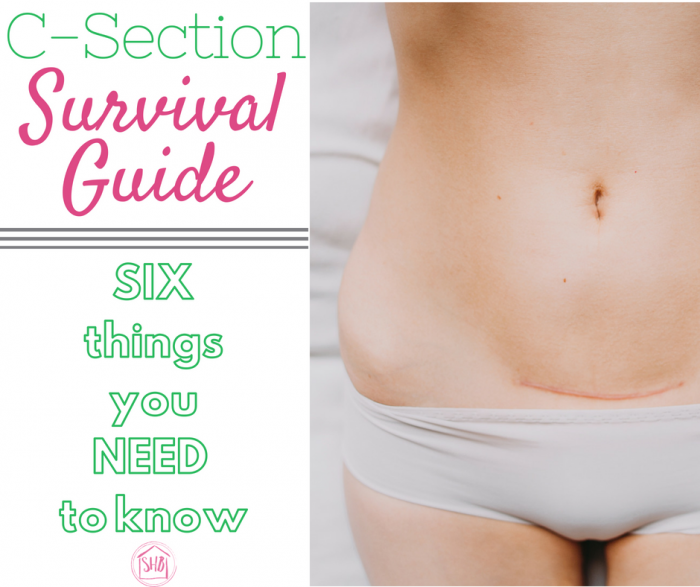
1 in 5 are unplanned. For our first baby I prepared to have her naturally (or as naturally as possible). I read the books, prayed a lot, and psyched myself up for the big day when I.would.birth.a.human. Then as the day approached our little surprise was breach – laying patiently on her side for the day of her (overdue) arrival. We did all the things we could to try to turn her. And she did!! I felt her flip the night before the big day. We got to the hospital and they did the ultrasound – she had flipped and was now sitting up straight – even more breach than before.
We made the decision: a C-section was necessary.
And suddenly we were in a whole new world. We had no idea about what to expect, what to know, nothing. We were just walking through the motions for the next few days with a new baby as new parents, me recovering from a major surgery.
Here is a bit of our story, told to illustrate the simple things I have learned about post-cesarean recovery.
I received this educational information and assets from Moms Meet to use and post my honest opinions. Compensation for this post was provided and this page may contain affiliate links.
The Pain is REAL
Having never had the natural childbirth I had dreamed of, I had convinced myself that I had not really ever experienced childbirth. I didn’t know what true birth pangs were really like. I convinced myself I just took the easy way. This was my thought process only after having recovered from the c-sections. Because while I was in recovery – the pain was REAL!!
My doctor came in the morning after we had our first baby, at 6 AM on a Sunday. She spoke to me some truths that I was to discover in the next few days. She said the anesthesia from the surgery was going to wear off in just a little bit. And I was going to start to experience some real pain. She said, “don’t get behind the pain.” The pain would be harder to manage if we were chasing it. But if we stayed ahead of the pain, I would be much better off.
We had a plan for medication for the day. She laid it all out before me and I was on board.
Although we had not planned for a C-section, we charted a course for my recovery as soon as possible after the surgery. I wish I had thought ahead of time to make a plan! I wish I had access to information like what can be found on the Choices Matter website. Choices Matter is “designed to educate and empower patients, caregivers, and physicians to discuss pain management options, including effective non-opioid options, prior to surgery.”
Don’t be Afraid to Communicate Pain to your Doctor
After my doctor left that morning, I felt pretty good. In a little while, my nurse came in and took out my catheter and encouraged me to get up and start moving around the room. What she didn’t do was start giving me the pain medications my doctor and I spoke about. A few hours later, I was starting to experience some discomfort. I told the nurse and she gave me some medication – not the medication my doctor had mentioned to me, but what she said was on my chart.
OK….I can handle this
Fast forward to about 3:30 in the afternoon. My mom is in the room with me and baby. My husband has gone home to get some much-needed sleep. The pain hit me like a brick wall. Forget walking around, I could barely move in my bed.
I spoke with the nurse and she told me, again, that the medicine she had given me was all that was in my chart.
OK…I can handle this
An hour later. My pain is as high as I have ever felt. I am immobilized by the pain. I call the nurse in. When I get the same answer again, “Call my doctor,” I demand. I let my doctor know the pain management plan she had laid out with me that morning had been abandoned. It was official, we were behind the pain.
A note about pain after C-sections
Let me stop here for a minute to let you know what this survivor of 4 C-sections knows about post-surgery pain. This is my theory, not a doctor’s knowledge; just my experience-based musing.
If the drugs are taken correctly – at the right time, in the right dosage – all they take care of is pain. You will not feel high. You will not feel overly loopy. The pain will simply be pushed to the background of your body’s messaging system.
At 4:30 PM on June 12th, 2011 the pain was all my body’s messaging system was talking about. I honestly couldn’t think about much else. It took all I could muster to call the doctor and let her know what was going on.
A statistic about pain after c-sections
While C-section patients had more opioids and anesthetics in the hospital and at home, they were less satisfied with their overall pain management.
44% of C-section mothers were not completely satisfied with how their pain was managed during birth.
I was definitely in this category of mothers after my first C-section!!
What happens When You Get Behind the Pain
When I spoke with my doctor, she let me know that the nurse must have been reading the order wrong all day. She said we were going to have to take a heavier measure to get back on the right side of my pain. I told her: “YES!!”
The nurse came in with the new medication and warned me, “Are you sure you want to take this? You are not going to be able to take care of your baby for a little bit. You are going to be knocked out for a little while.”
I hesitated.
YES!!
Remember what I just said about when pain medication is taken correctly all it takes care of is pain?
5:30 PM June 12th, 2011 – I was up out of my bed, walking around. Going to the bathroom (like my nurse insisted I do). Nursing my baby, cuddling with her. Talking with my mom and my husband. Preparing to move to a new room. And preparing to watch my basketball team win the NBA Championship!!
The large dose of the drug that was supposed to knock me out? It did what it is prescribed to do – it took care of the pain. I could function again because it was muting the pain, putting it in the background of my body’s messaging system.
A Trusted Advocate
We would go through this whole deal with medications and charts again a number of times in the next 24 hours. I was simply not getting the aftercare I needed post-C-section. It was truly bad.
I am SO thankful I had a trusted advocate, my husband, in my corner. He was the best first time dad/caretaker for a post-surgery patient a woman could ask for. He kept two lists with him for the next 3 weeks: 1. the feeding schedule for baby (including which side I breastfed her on first), complete with a chart for pee/poop (hers, not mine). And 2. My medication schedule.
As we were in the hospital, he let me know we were coming up on the scheduled time for more pain meds. He said, “You might want to call the nurse, so she is ready.” He refused to let me get like I had gotten that first day again. We checked out of the hospital (what would be considered a bit early) because my husband was taking better care of me than the nurses. We figured if he has the schedule down and he is on top of it better than they are, we can go home and be more comfortable in our bed.
A Hospital Stay
We learned a TON that first time around the C-section block. We went from not even imagining it as an option to being overwhelmed by the recovery process. And we knew the things that we would NEVER want to do again. When it came time to have our next baby, we were very much more aware and on top of the aftercare I received. As a result, we had a MUCH better experience.
And by the time we had baby #4, I was very willing to stay at the hospital an extra day to make sure we were truly ready to come home. We got the care we needed because of the lessons we learned with babies 1-3.
If you are getting the care you need in the hospital, a hospital stay after baby is good! I have a whole other story about why we should have stayed longer in the hospital with baby #3 after surgery – again, lesson learned. It is enough to say, the hospital stay is good simply for the observation by healthcare professionals.
They can:
- watch for strange symptoms
- make sure your incision is healing properly
- help you to start breastfeeding with baby past the initial difficult colostrum stage
A Helper
Recovering from a C-section is serious business. Not only are you adjusting to the new life of being a mom (of one, two, etc.), your body has been through something major. You need a helper! I was blessed after each of my C-sections to have help in the house for the recovery stages. My mother and mother-in-law helped out on a rotating schedule. I had my husband before and after work. And I had a housekeeper come in to help out with the household chores.
Having someone around all the time is hard, especially if you like your alone time (I share some tips for dealing with that here). But it is truly necessary and helpful. At least in the initial stage of recovery.
A Resource for More Information
I realize having 4 C-sections does not make me an expert. So, I encourage you to get more information so you can be prepared for what may lie ahead of you. As I said at the outset: 1 in 5 C-sections are unplanned. Our first one was and the learning curve is steep. Get more information on how to handle the recovery process for a C-section before you have one. Check out the website I mentioned above: Choices Matter. And share it with your pregnant friends!
